(ECNS)-- At a time when the world is undergoing profound unprecedented changes, what can be learned from the story of "Icebreaker" of the relation between China and the U.K.? How to avoid the "Thucydides Trap"? And how did the U.S. "miss" the rise of China? Peng Dawei, chief journalist of German Bureau of China News Service had an exclusive conversation with Stephen Perry, Chairman of the 48 Group Club over topics mentioned above.
According to Perry, the U.K. and China can never, in the medium term, be separated from each other, despite the differences in their systems, values and commercial objectives. The U.K., Europe and the U.S. must work together with China to address common challenge such as climate change and to deal with Asia, the center of the world in the future.
As for the future relation between China and the U.S., Perry holds that the "Thucydides Trap" is not in the Chinese way of thinking, and China is not seeking to build a world where somebody is imposing pressure and power over others. The situation of relationship between America and China will be resolved by the recognition inside the United States that its future lies in the Americans, and its future lies in having access and trust with the other regions of the world.
Here are excerpts from the interview.
Peng Dawei: 68 years ago, your father, Mr. Jack Perry among other far-sighted figures of the British business community, broke the ice at that time and opened the door to trade between China and the U.K., leaving a valuable spiritual treasure for the friendly relations between the two countries. What can we learn from you and your family's experiences in terms of friendly relations between two countries with different histories, cultures, systems and stages of development like China and the U.K.?
Stephen Perry: My father went to (China) in 1953 with other people to create the first trade deal. And their preparedness, I suppose, to go against the odds, to go against the sense of the Korean War at the time, is respected today.
The U.K. and China can never, in the medium term, be separated from each other, even if the systems are different, the values are different, and the commercial objectives are different.
And the world is moving in very fast steps to a new position. It will settle into a new form of the world, which I think will be with Asia as its center. That doesn't mean the end of Europe or the end of America. We're all members of the same globe with the same problems. We all need to do business with each other. We all need to invest with each other. We all need to share in the global challenges that we have to deal with. And above all else, we know we cannot do climate control or health control other than through the cooperation of nations together. But unless we work with China, we won't have a simple association with Asia, which is where Britain will work in the future together with Europe and north America.
The bumpy road will continue to be bumpy, but the forces that draw the parties together, the financial center of London's needs, the need for China of world markets, the need for China to influence in Europe and in world affairs, and in particular, the Security Council of the United Nations brings us together in many ways and many forms. I think we will be working together and doing business together for many decades ahead.
Peng Dawei: Do you think China can really achieve a peaceful rise?
Stephen Perry: I'm sure, no surprise to Chinese who inherently did not think about hegemony and dominating other countries. You look at 5,000 years of history. It's been about staying within China's borders. It doesn't send armies about all over the world. It never has done. It just isn't in the Chinese way of thinking. But this was more important. It was saying study the forces of the world, the pursuit of power for self-interest has consumed the world for 3,000 years. Are we going to carry on like that? Once you understand that, the answer is no.
The world is also moving beyond the "Thucydides Trap". And the expression of the world moving beyond is the community of a shared future. That's the alternative way of looking at it, that we work together, we cooperate, and we deal with the problems we have together. None of us are trying to be more powerful than others, because that way we fight and, that way we destroy everything.
We are in a world where the United States is trying to protect its position of power in the world. And I think the United States is beginning to come to terms with the fact that it missed the rise of China. It was going to war in Iraq and Afghanistan when China was transforming its economy and transforming its position in the world.
These are all areas (Central Asia, South Asia, the Middle East) which can have different types of rules and order and it doesn't mean it's to your disadvantage. We're not seeking here to build a world where somebody is imposing pressure or power over others.
I think the Chinese motivation is to make sure there's enough wheat in the world for everyone. And they know that is the way that the "Thucydides Trap" doesn't exist anymore. And I think it's genuine. Otherwise, why would they spend so long trying to make the point to the United States? We, the Chinese, are not going to live under your rules order. We're not gonna be subservient to you, but we're not here to challenge you. We're not here to defeat you. We're here to work with you. Because of something (climate change) that was created initially by the west. No, China will work to find the technological solutions. And to do that, you have to trust each other and work with each other.
Peng Dawei: How can the U.S.-China relationship be substantially improved?
Stephen Perry: It's one of the most important questions in the world today if not the most important. I think that the United States was diverted into a middle-eastern war, and they ran into another brick wall. The brick wall is the financial crisis (in 2008). By 2011, 2012, they have realized that they have "missed" the rise of China. And they turned to deal with China. Obama tilted to Asia, and the "Cross-Atlantic" one as well. These were the first attempts by the United States to "manage" China.
Peng Dawei: You mean they missed the chance to contain the rise of China or they missed how they could actually do it in a cooperative way?
Stephen Perry: The Americans talk cooperation, they don't do cooperation. It's not their style. The entry into WTO was transformative for China. And when they realized that China had built trade surplus with the United States of the scale that Japan and South Korea and Germany had, they tried to make China stop. They said, we'll stop your exports and you have to revalue your currency. And China says, it's not what we're prepared to do. We're prepared to discuss how to cooperate, but you're not gonna tell us what to do. You need to understand China is not who you think they are.
Then America began to start thinking about what to do in it and got hit with the financial crisis. So everything's turned towards the financial crisis. By 2011, Biden and Clinton are beginning to prepare for what Obama became his mission in his second term "Pivot to Asia". And they tried to reposition themselves in Asia.
But the Chinese were ready with the Russians, with the Shanghai Cooperation Organization and other structures to protect Asia. The Americans tried the Asian financial crisis in 1997, 1998, 1999, and China was ready with the Chiang Mai Initiative.
And that situation of relationship between America and China will be resolved by the recognition inside the United States that its future lies in the Americans, and its future lies in having access and trust with the other regions of the world.
Peng Dawei: Some experts in the West say that China's new development pattern, the "dual-circulation" , is a move towards "closing door". Why are they wrong?
Stephen Perry: Is China changing everything backwards? No, it's changing everything forwards. You couldn't do what China is now about to do unless it has done what it's done. Because it's done what it's done. It can begin to transform China into a modern country. I guarantee you that just as someone like me who went to China first in 1972, and saw a very poor country could not even begin to think of what China would look like in 2021.
So I would say to people, you will not be able to recognize China in 2035. Let alone 2049. It is transforming, but that process of transformation is through stages. They're not trying to modify and reform parts of an area to make it consistent with what they want to do. They're prepared to make radical changes across the board. And that's what we have to make.
The world will begin to look at the transformation that China is about to make and will adopt a lot of it as things go forward. But I don't think people in the west will see it for another 10 or 15 years. They'll have to see it with their eyes.








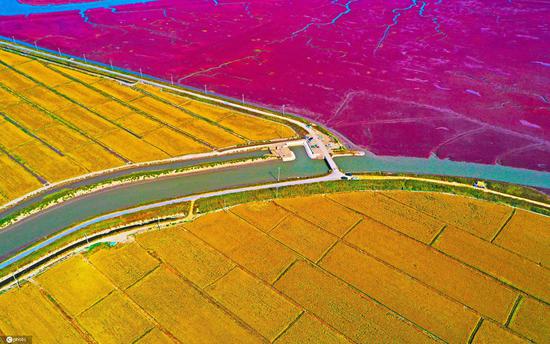
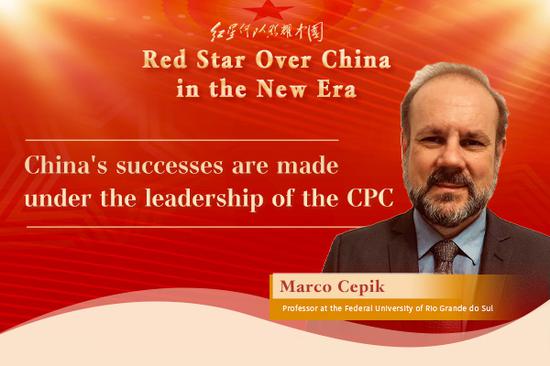
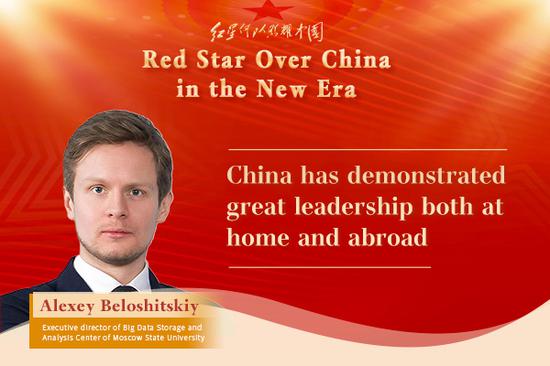
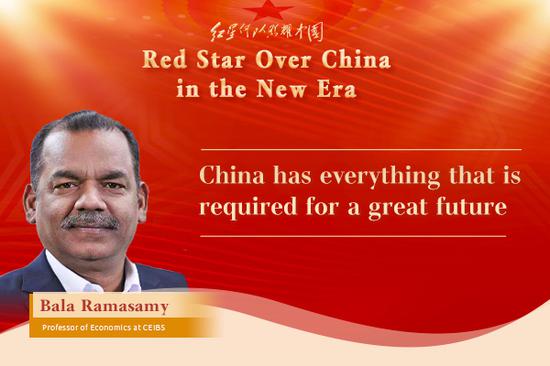
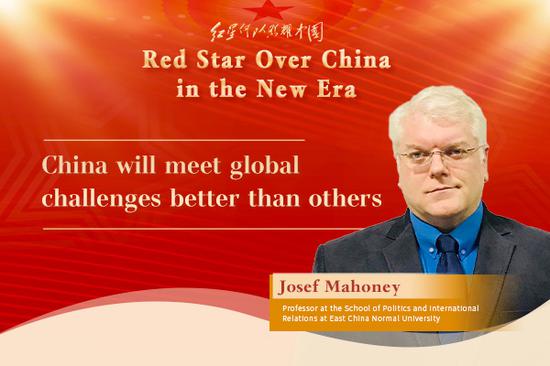
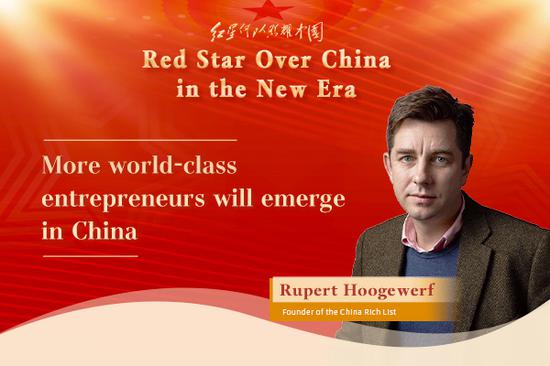
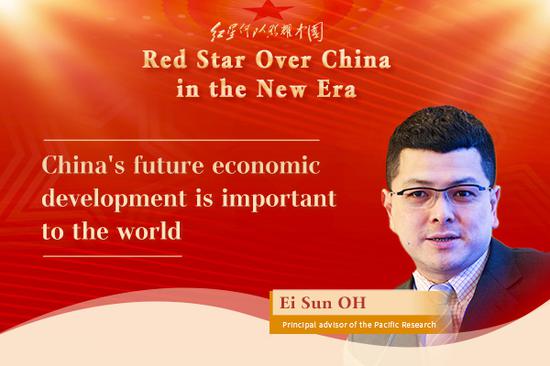
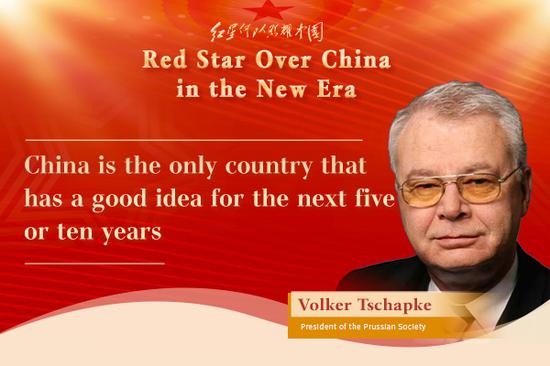
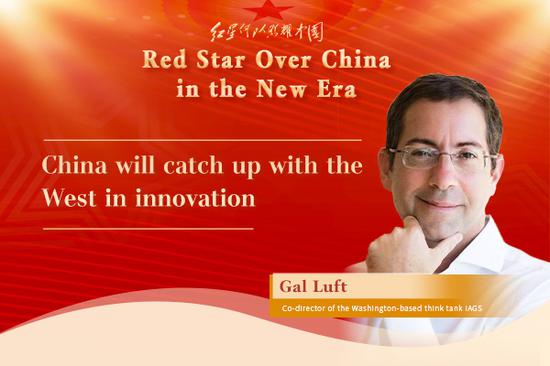
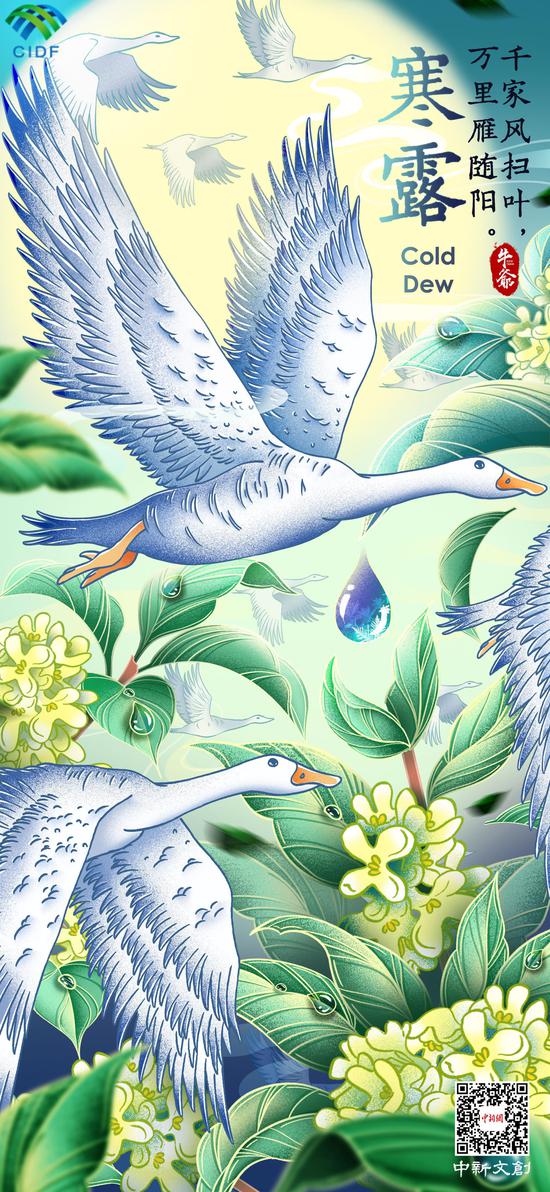
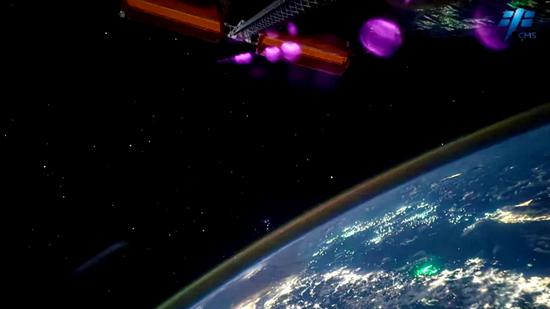



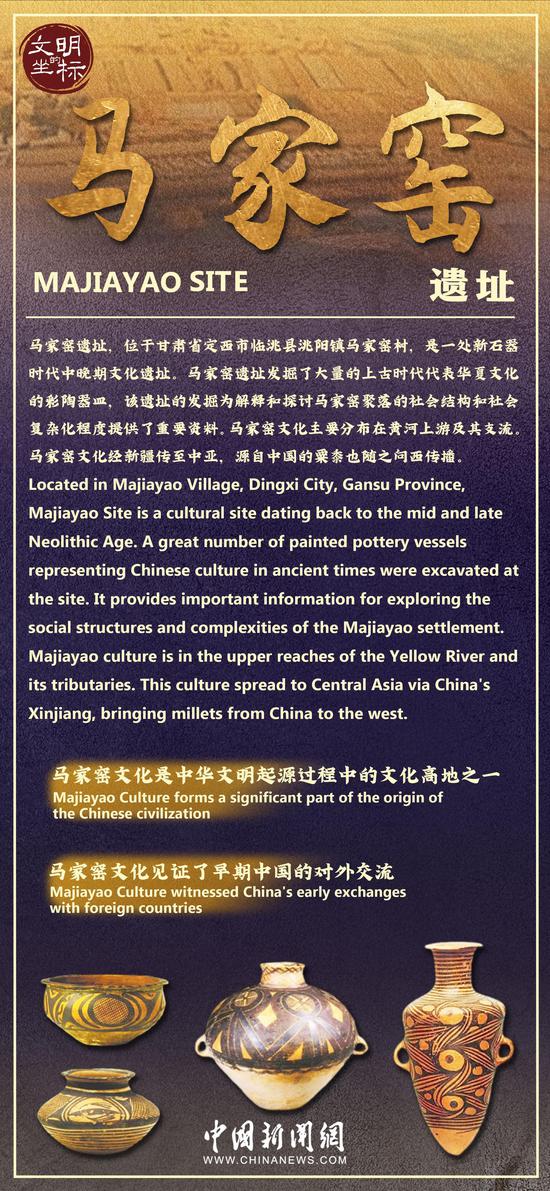
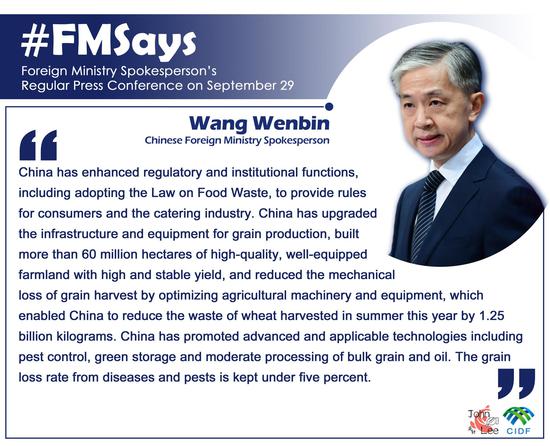
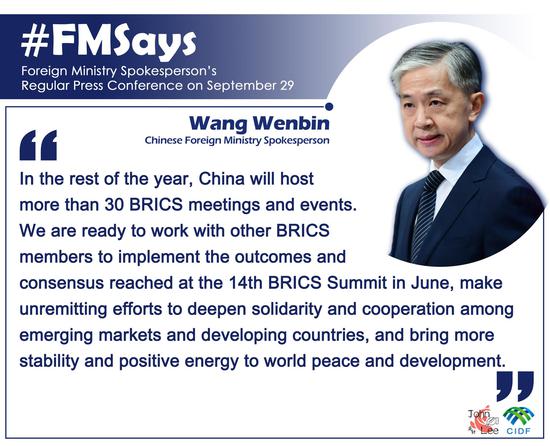

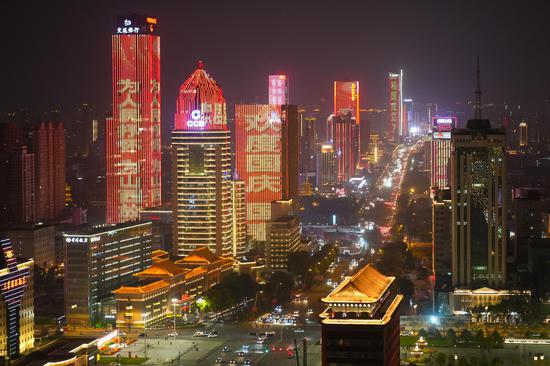
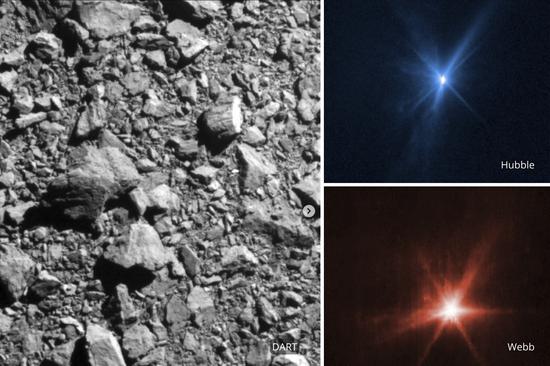
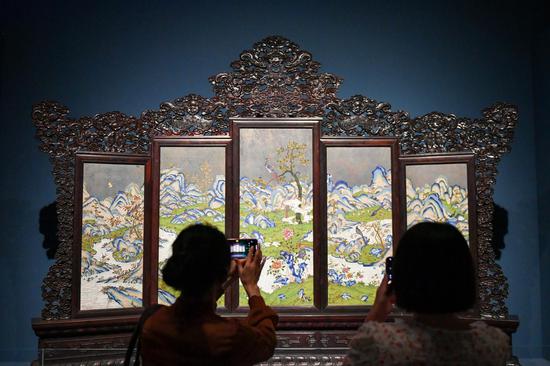
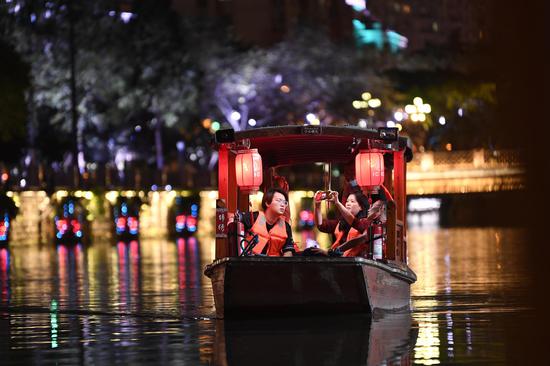
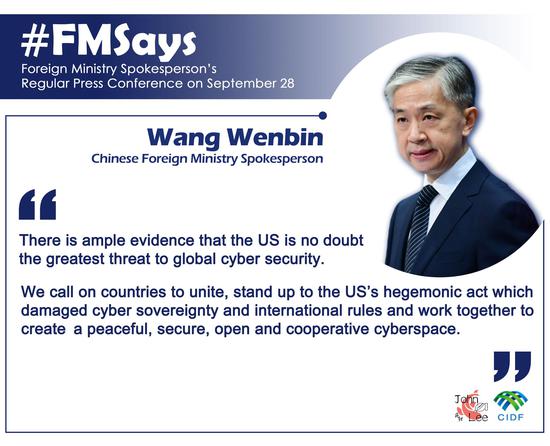
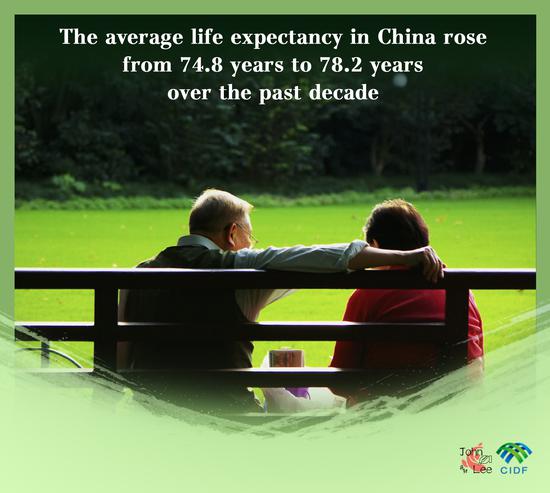
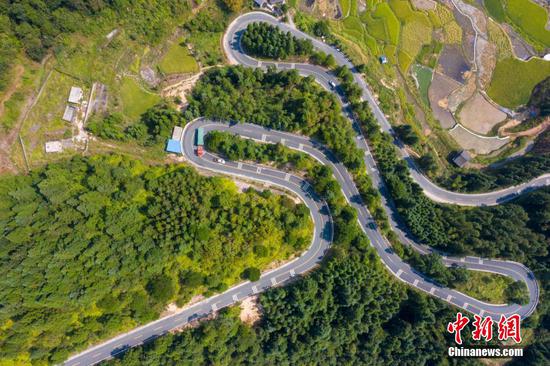
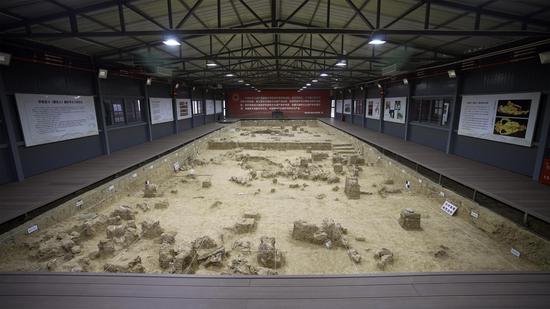
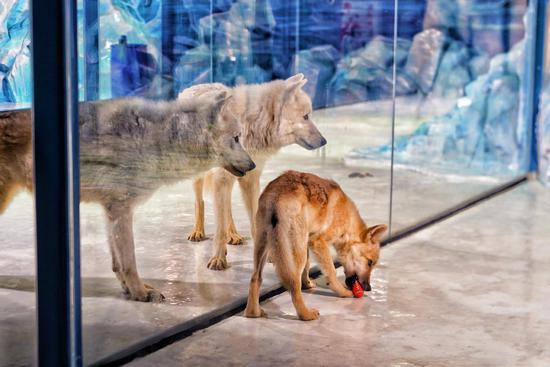
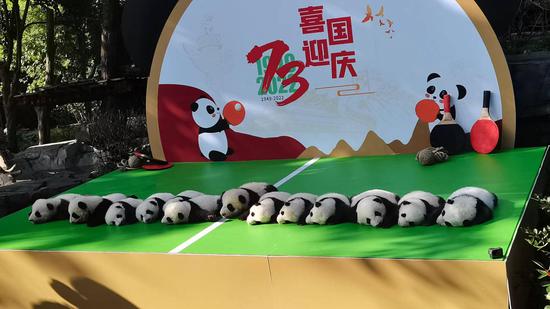

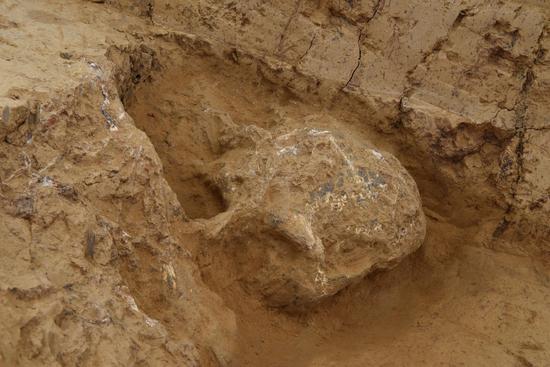
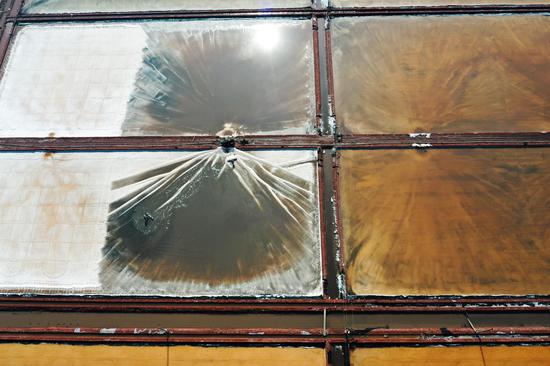
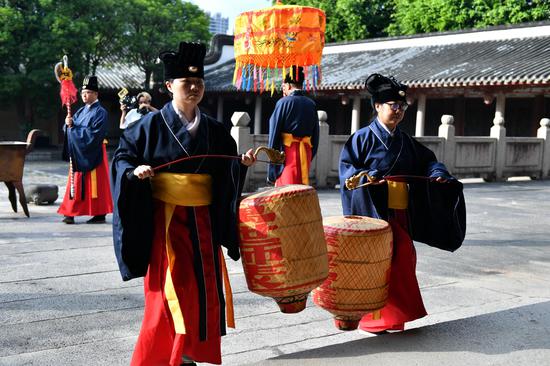

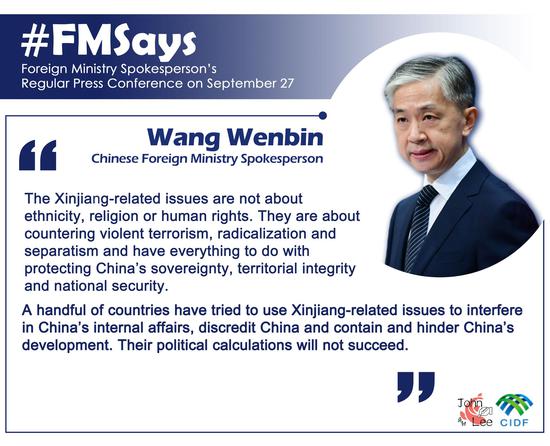
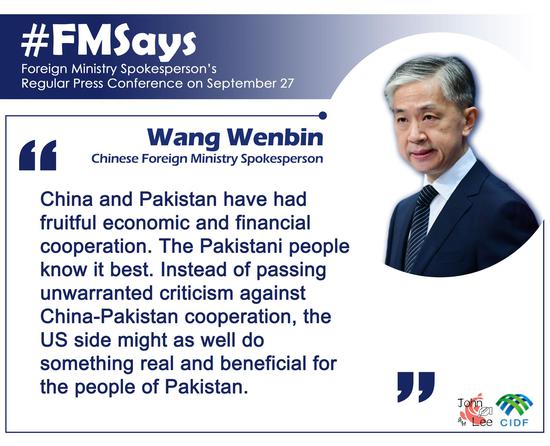
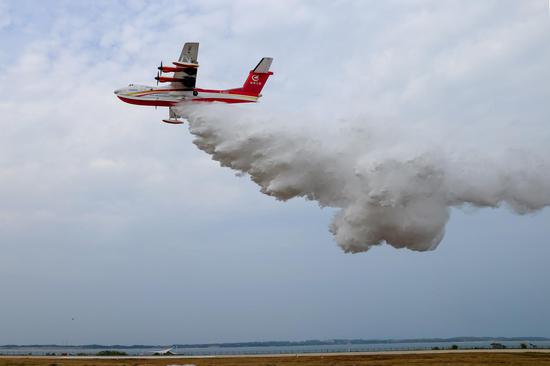
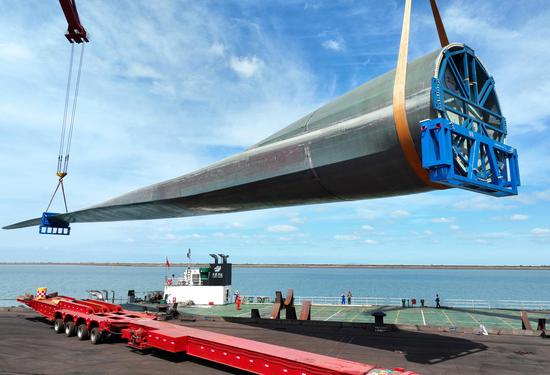





 京公网安备 11010202009201号
京公网安备 11010202009201号